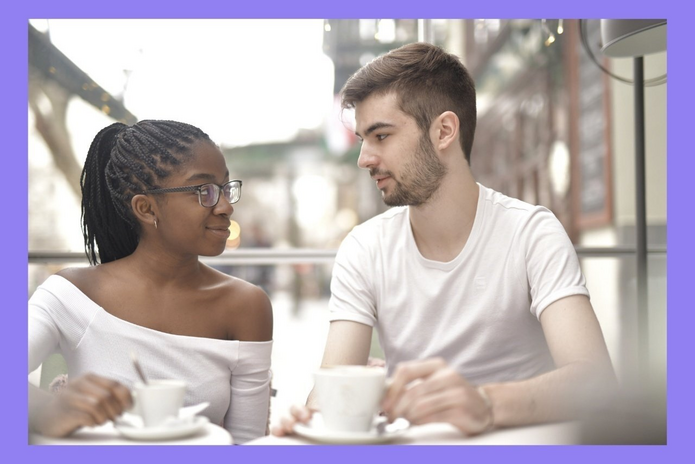Societal norms have dictated distinct roles for men and women, resulting in double standards in relationships. Historically, these roles were clear-cut – men were protectors and providers, expected to be stoic, while women were caregivers, seen as emotional and passive. These roles were influenced by a mix of religious beliefs, societal needs and biological interpretations. As times evolved, industrialization and social revolutions began to blur these gender lines, pushing for more equality and fluidity.
The Industrial Revolution, the world wars, feminist movements and other socio-political changes acted as catalysts, pushing society to reassess and redefine these gender constructs. Yet, even in modern times, remnants of these standards persistently influence our relationships. Personally, I’ve seen how ambition in a woman is termed “assertive,” while in a man, it’s “determination.”
Romantic relationships, too, are not immune, with men often expected to initiate and women to passively respond. These ingrained behaviors, while sometimes providing clear role definitions, often lead to misunderstandings and unmet expectations.
This toxic train of thought can be detrimental to relationships and cause suffering to one and both respective individuals. Research sheds light on the complex effects of these standards on relationships. Conforming to these norms can strain mental health, with men suppressing emotions and women constantly juggling roles. Women, constantly straddling the line between career ambitions and domestic responsibilities, face the risk of burnout and stress.
However, some find comfort in traditional roles, seeing them as conflict-reducing and identity-affirming. Ultimately, awareness and open dialogue are key to navigating relationships amidst these gender-based double standards. Don’t hesitate to express your feelings and share your opinions. If you feel unable to do so, it may not be a healthy environment for a relationship. While society has made commendable strides toward bridging gender gaps, personal relationships remain a domain where careful attention and continued effort are paramount. Similarly, the media plays a critical role in perpetuating these standards. From childhood, movies, television shows, and advertisements instill ideas of the “perfect” man or woman. These portrayals often emphasize old stereotypes, reinforcing that men should be firm and unemotional while women should prioritize beauty and caregiving.
In professional settings, these biases also play out. When exhibiting emotion, men are often told they’re acting “out of character.” At the same time, women in leadership positions may be unfairly labeled as “bossy” or “cold” for the same behaviors a male counterpart would be lauded for.
These societal norms have also extended their reach into the digital realm. With the rise of social media and online dating platforms, the pressure to adhere to specific gender roles is amplified, leading to even more skewed perceptions of “acceptable” behavior based on one’s gender. Culturally, there’s also a diverse range of gender norms. What might be considered justifiable or typical behavior for one gender in one culture might be viewed very differently in another. This cultural variability adds another layer of complexity to relationships, especially in multicultural or intercultural unions.
To overcome these deep-seated beliefs, education and self-awareness are vital. It starts from childhood, where parents and educators can impart values championing individuality over restrictive gender roles.
Finally, it’s essential to recognize that while societal norms play a significant role in shaping behavior, you have the autonomy and power to break away from these molds and forge a path that feels authentic to your unique experience and desires.


